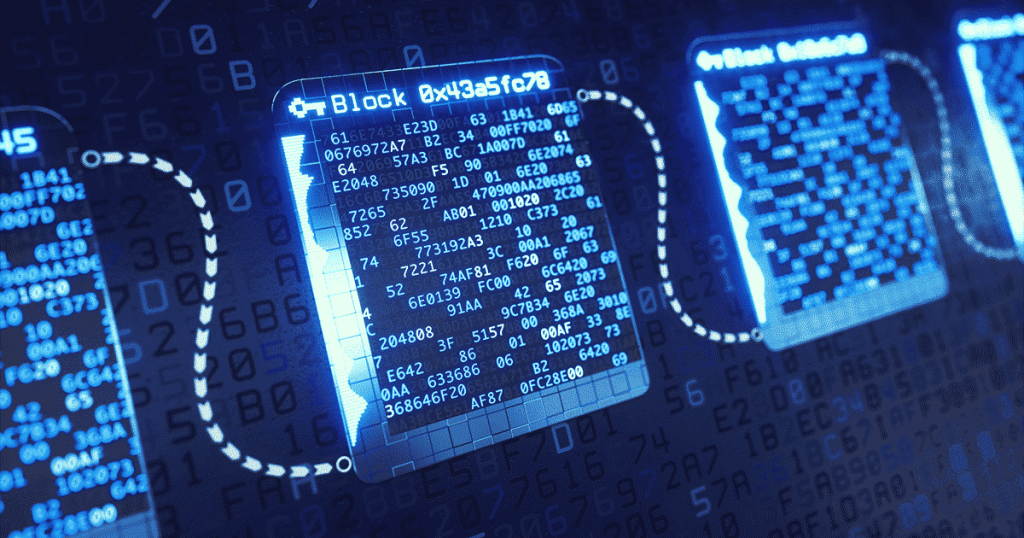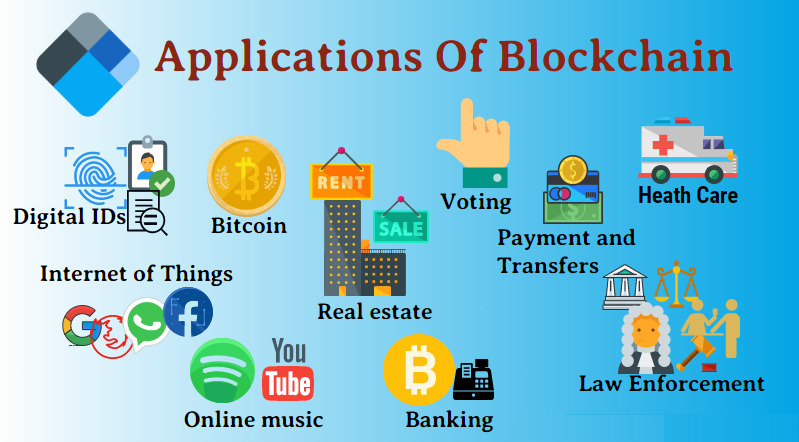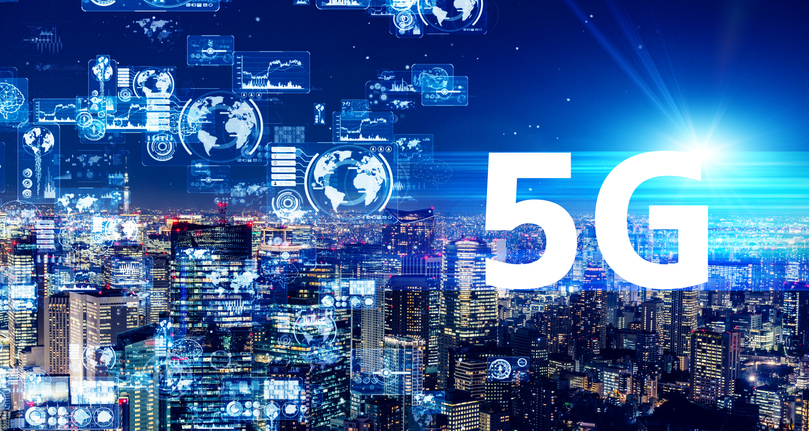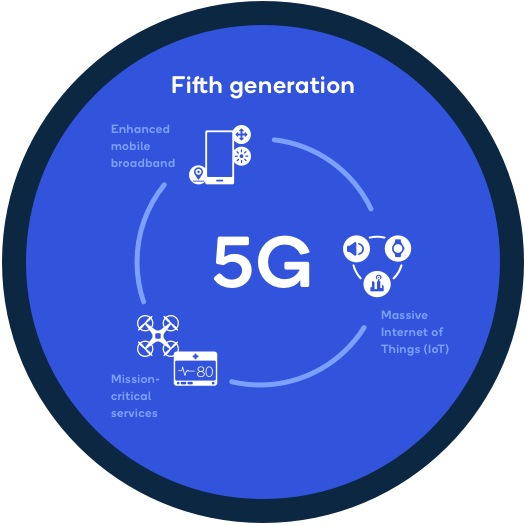
Blockchain technology is a revolutionary approach to data management that has the potential to revolutionize a wide range of industries, from finance to supply chain management. At its core, blockchain is a decentralized, distributed ledger that maintains a continuously growing list of records, called blocks. Each block contains a unique code, or “hash,” that is linked to the block before it, creating an unalterable chain of data.
One of the key benefits of blockchain technology is that it offers increased security and transparency. Because blocks are linked together in a chain, it is nearly impossible to alter or tamper with the data stored in the blockchain. Additionally, all participants in a blockchain network have a copy of the ledger, making it difficult for any single party to manipulate the data.
Another advantage of blockchain technology is that it provides a secure and reliable way to store and manage digital assets, such as cryptocurrencies. Transactions in a blockchain network are verified by multiple participants, and the use of digital signatures ensures that only authorized users can access the data. This makes it an ideal solution for financial institutions looking to improve the security and efficiency of their operations.
In addition to its use in finance, blockchain technology has the potential to revolutionize supply chain management. By using blockchain, companies can track products from the point of origin to the final customer, improving transparency and reducing the risk of fraud. Additionally, blockchain can help reduce the time and cost associated with tracking goods, as well as improve overall supply chain efficiency.
Despite its many benefits, blockchain technology is still in its early stages of development and there are several challenges that must be overcome before it can be widely adopted. One of the biggest challenges is scalability, as the current infrastructure is not designed to handle the large amounts of data that are generated by blockchain networks. Additionally, there are concerns about the energy consumption associated with blockchain mining and the potential for centralization, as the number of participants in a blockchain network decreases.

In conclusion, blockchain technology offers a new and innovative approach to data management that has the potential to revolutionize a wide range of industries. Its increased security and transparency, along with its ability to store and manage digital assets, make it a promising solution for financial institutions and supply chain management. However, challenges must be addressed before blockchain can be widely adopted, including scalability and energy consumption. Nevertheless, the future of blockchain technology is bright and it has the potential to transform the way we store, manage, and secure data.

